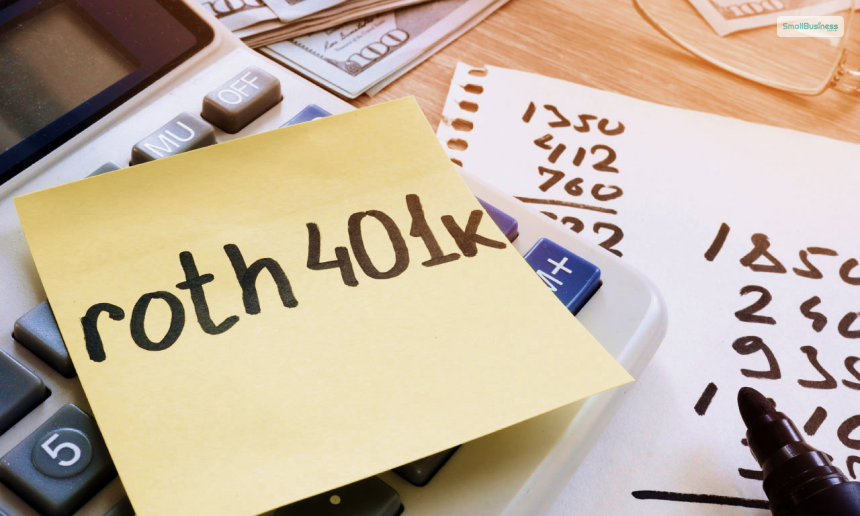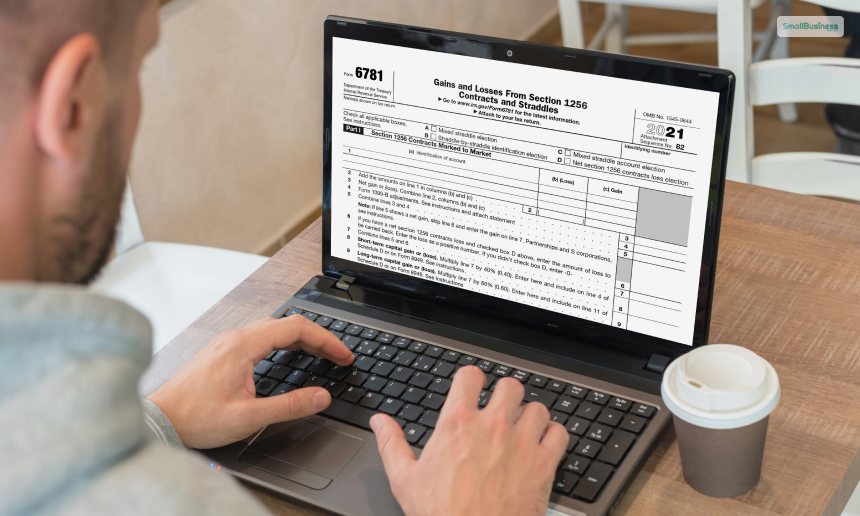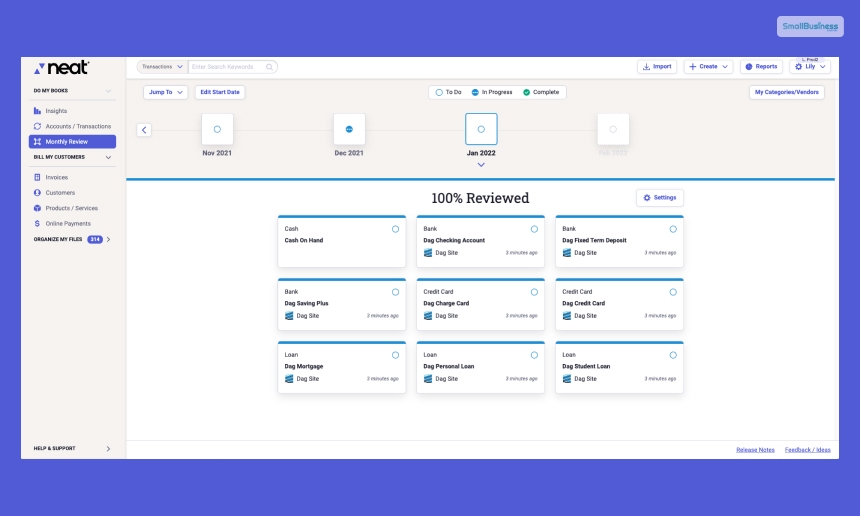What Is A Roth 401k? The 401k Roth account is a retirement savings account that employers sponsor for employees. The account is funded with after-tax money. Here, the income tax is paid before retirement contributions from the employee’s paycheck. Hence, at the time of retirement, when the individual withdraws the money, there is no tax liability in the withdrawal.
In this article, you will learn what does Roth 401k means in general. Apart from that, you will also learn some of the major functions of Roth 401(k) as well as its usefulness for taxpayers who want to save for retirement. In addition to it, you will also learn in this article whether it is right for you to make Roth 401(k) contributions. Hence, to learn more about Roth 401(k) contributions, read on through to the end of the article.
What Is Roth 401 K? – Roth 401k Meaning
According to the Forbes Advisor,
“A Roth 401(k) is a tax-advantaged retirement account that combines features of both a traditional 401(k) and a Roth IRA. Like a traditional 401(k), contributions to a Roth 401(k) are made on a pre-tax basis, meaning that they are deducted from your paycheck before taxes are taken out. But withdrawals from a Roth 401(k) in retirement are tax-free.”
The employer sponsors the Roth 401(k) retirement savings account for the employee. Employees can contribute to this account using after-tax money. This means that the employee pays the income tax immediately after receiving the paycheck and deposits the already-taxed money to the Roth 401(k) account. Hence, if the individual tries to withdraw money from the account after retirement, those withdrawals are tax-free.
How Does A Roth 401(k) Account Work?
According to Investopedia,
“Investors have many options when it comes to saving for retirement. One of the most common ways to put money aside is through employer-sponsored plans like the 401(k). Participation is voluntary and those who take part agree to automatic payroll deductions that are transferred into a special retirement account.”
Even in some cases, employers do match the contributions of the employees (only up to a certain amount).
The Roth 401(k) is just another variety of 401(k) contribution options, and it started in 2006. On the other hand, the traditional 401(k) was present since 1978. In both cases, the US Congress authorizes these contributions as tax-advantaged retirement plans for employees to save for their retirement.
What Are The Contribution Limits To Roth 401(k)?
There are contribution limits to Roth 401(k) accounts, and these limits vary with the age of the individual. Furthermore, with every annual change in inflation, these contribution limits change. The Internal Revenue Service makes these changes.
According to CNBC.com,
“The contribution limits for a traditional 401(k) apply to a Roth 401(k). For 2022, the maximum an individual can contribute to their 401(k) accounts is $20,500. In other words, your total contributions across different 401(k) accounts cannot exceed $20,500.”
However, as of 2023, if the employee is of age fifty or more, then there is a catch-up contribution available up to $7,500. However, these contributions can be up to $30,000 annually. Furthermore, there is no income limit for participating in Roth 401(k).
How To Withdraw From Roth 401(k)?
If the withdrawal of any earnings or contributions from the Roth 401(k) account falls under “qualified distribution,” then these are not taxable. Hence, there is a certain criteria that the account holder must meet. Here are these:
- The employee must have held the Roth 401(k) account for at least five years.
- The withdrawal is because of a disability, or after the account owner’s death, or when the owner of the account reached the age of 59.5.
As per the rules of SECURE Act 2.0 of 2023, if you want to take the Required Minimum Distribution (RMD), you have to wait till you turn 73. Furthermore, there is also a penalty if you miss an RMD. However, you can also withdraw more than the RMD amount. To learn more, click here.
Major Pros And Cons Of Roth Contribution 401k
The following are some of the major pros and cons of Roth 401(k) contributions:
Pros Of Roth 401(k) Contributions
Here are the major pros of Roth 401(k) contributions that will benefit you:
- It is greatly beneficial for employees who are in a low tax bracket and want to move to a higher tax bracket after retirement.
- Roth 401(k) contributions are taxed at the lower tax rate.
- At the time of retirement, distributions are tax-free, which is one of the biggest advantages for the retiring employee.
- The best part is that no wonder how much the account grows monetarily, it is still exempt from income taxes for the employee. The employee does not need to pay taxes at the time of withdrawal.
Cons Of Roth 401(k) Contributions
Here are a few cons of Roth 401(k) contributions that you must be aware of:
- There is immediate financial pain, as Roth 401(k) contributions are taxed even when the employee is on a tight budget or even in debt and paying a higher amount of interest.
- In traditional 401(k), your tax break for the year is higher, and your take-home pay is reduced since you have chosen an after-tax option. In Roth 401(k), your contributions do not tend to reduce your taxable income.
Wrapping Up
Hope this article was helpful for you in learning the essential details of a Roth 401(k) retirement savings account. Employers sponsor this account for the employees’ retirement. Here the employee’s contributions are taxed before the contributions to the account. Hence, the withdrawal after retirement is tax-free.
However, there are contribution limits to Roth 401(k), and they are adjusted on an annual basis by the Internal Revenue Service. Do you have any more information regarding new updates on Roth 401(k) contributions and limits? Share your updates with us in the comments section below.
Continue Reading:




Leave A Comment